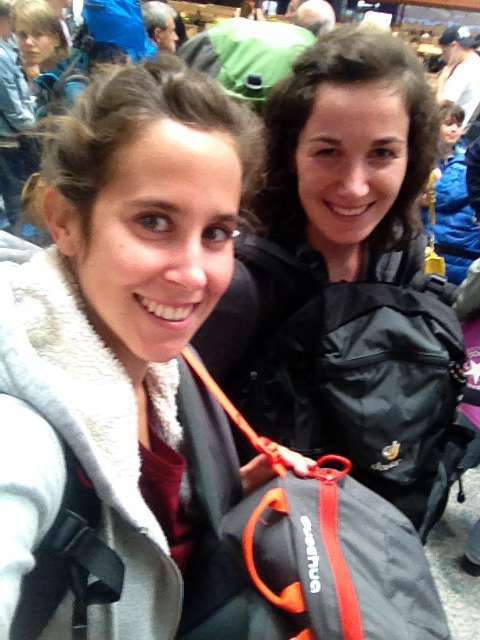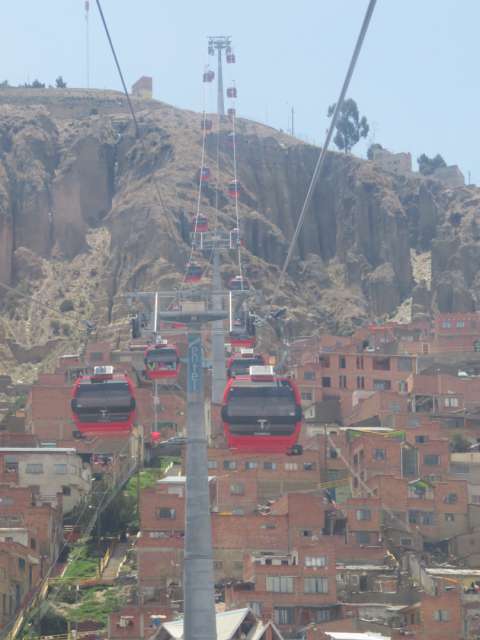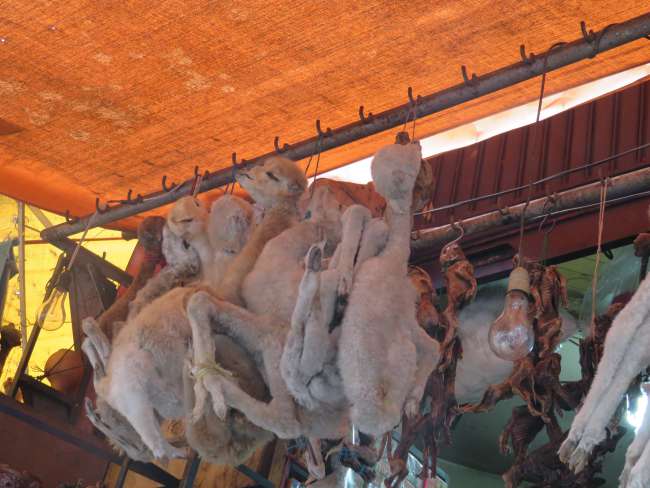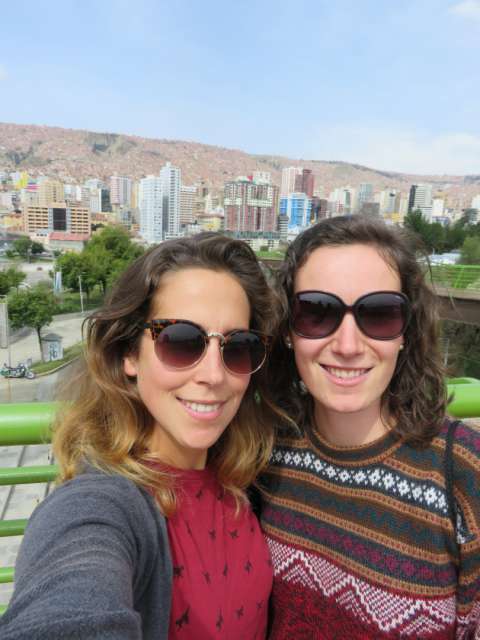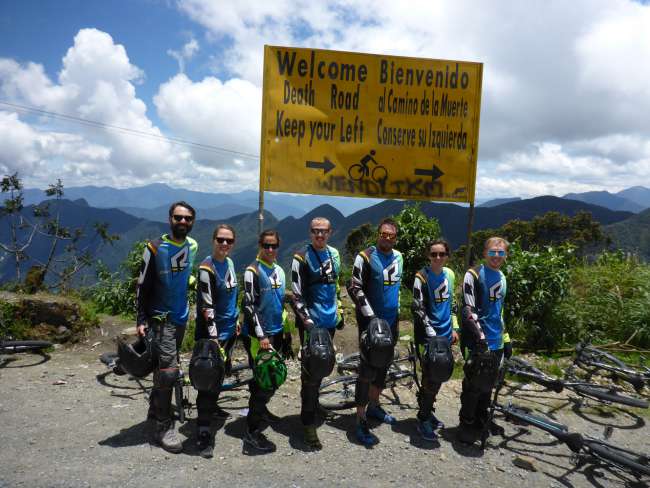La Paz - high, chaotic, fascinating
Argitaratu: 09.12.2016
Harpidetu Buletinera
With some respect for the 'dangerous' million city, we set off for La Paz. But as soon as we drove into the city by bus, we were fascinated. The city center is located in a valley at around 3600 meters above sea level, and brick houses are lined up on all sides of the valley, reaching over 4000 meters above sea level. The city is a noisy and smelly chaos. But we also discovered some gems here.
Once again, we were impressed by the numerous markets where you can find everything from regular groceries to miracle remedies to curse your friends and enemies. There are practically no supermarkets in the whole city because all locals exclusively shop at these street markets.
Definitely a highlight was the Death Road, which we rode down on bikes. Equipped with complete downhill biking gear, we received our front suspension bike. On the wide gravel road, we felt a bit strange with our full protective clothing. Nevertheless, the 46-kilometer descent was fun and the scenery was great. It became adventurous when we had to cross 5 (!) landslides on foot with the bike on our shoulders, which had occurred after heavy rainfalls the night before. Finally, we enjoyed a swim in the pool in a pleasantly warm environment before heading back to cool La Paz in the evening.
Of course, we didn't miss the opportunity to ride the unique cable car called Téleferico. La Paz doesn't have a subway or trains, but instead a somewhat futuristic system of cable cars that connect different neighborhoods. The cable cars appear as a modern foreign object in this city. However, the view is truly unique and the sight over the valley and the built-up slopes is incomparable.
Finally, we got to experience Bolivian bureaucracy. When we entered the country, we were only given a 30-day stay stamp in our passports at the border, even though we should be entitled to 90 days. When we complained, we were told that we had to apply for an extension at the immigration office. After some research, we found out how the process works and went to the immigration office with the required passport copies. After waiting for 20 minutes, it was Julia's turn and she asked the official for the extension stamp. However, he said that we had only been in the country for a few days and still had plenty of time left, so we could apply for the extension later. With a little whining and the not completely truthful explanation that we had no other option to go to the office, the official eventually gave in and we left the office happily with the necessary stamps in our passports.
Harpidetu Buletinera
Erantzun
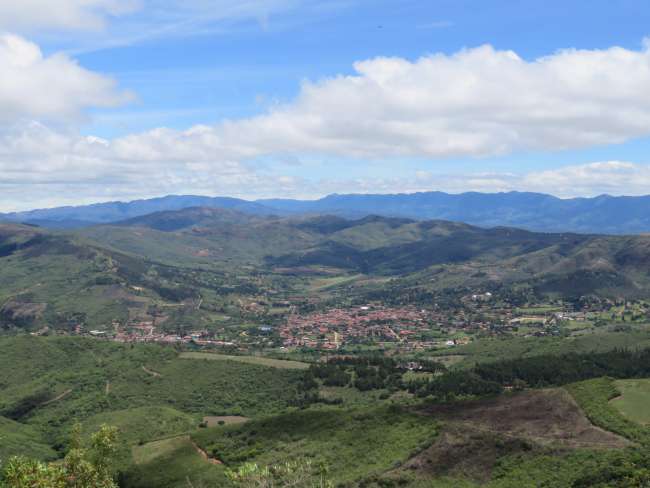
Bidaien txostenak Bolivia

